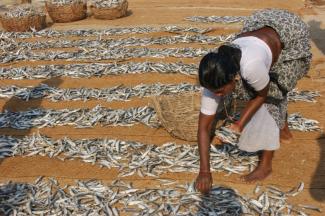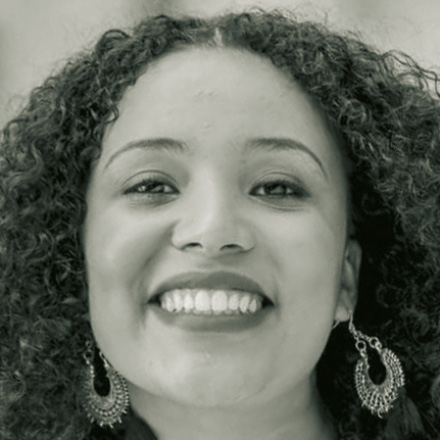Urban development
“Mental attitudes matter”

How did the infrastructure of Mangaluru develop in recent years?
Over the last few years, the infrastructure has improved. You definitely feel the transformation of the city. Especially the traffic conditions have changed. The central government built highways, so driving distances have become much shorter. The arterial roads are wide. But traffic has become a big problem. There are ever more vehicles on the roads. More and more people, even women, drive their own cars. In the rush hours, the highways are congested. Crossing the streets or walking along them is dangerous. There is a need to build more sidewalks, especially for older people. It’s important to find solutions for organising the traffic.
What else has to change?
Actually, water supply is a serious problem. This year, the monsoon did not bring enough rain, and the impact on drinking water supply was bad. So far, people are not focusing on water harvesting. Other Indian cities, like Chennai, for example, have a harvesting system, but in Mangaluru, it has not been established yet. Greenpeace and local non-governmental organisations, that focus on environmental issues, are campaigning for change. But the official urban-development plans only focus on industry. They are felling trees to build highways without respecting nature. Something has to happen because these problems affect society as a whole.
What are different levels of government doing to improve urban life?
The central government has started a programme to increase cleanness. It is called Swachh Bharat Abhiyan (“Clean India Mission”). It is being implemented in Mangaluru. Formal workers now pick up garbage from every household. The programme is successful, and our city now looks much cleaner. Another current central-government programme is called “smart cities”. It is meant to boost industrial development, but it also provides better infrastructure and facilities for civil society. Right now, they have listed 98 cities in India which they want to develop as “smart cities”. Mangaluru is one of the first 20 cities where the programme has already started. I am a member of the smart-city committee. Civil-society organisations and the government work together. I speak for the marginalised women and the poor. Their needs must not be forgotten when urban infrastructure is planned and expanded. I am confident that the smart-city programme can bring change, if the plans are implemented
Do you doubt they will?
Well, all too often promising things are planned, and then nothing happens. Implementation is a huge challenge.
What challenges do poor and marginalised women face?
More and more women leave their homes and go to work. Women need a better transportation system to get to work safely. Leaving the house is still dangerous because many women in India become victims of sexual harassment. It is a problem even in public places. Infrastructural development could improve the situation a bit. Illuminated streets are safer than dark ones. If buses run often and regularly, waiting women are less at risk. But we need more than infrastructure change. People’s mental attitudes matter. If women go to work, for example, there is a need to educate men to do some of the household work and assume responsibility for the children. In regard to sexual abuse, people have to become empowered to report rape cases. Police officers often disregard what poor women say. We are working hard to make change happen. Our NGO is running many programmes for creating awareness of gender equality and supporting marginalised women.
Do poor people in Mangaluru live in special neighbourhoods?
There are separate quarters for low-caste people and migrants. The government wants to promote inclusive development, however, so today people are legally entitled to choose where they want to live. Many governmental and civil-society organisations like us are running programmes to lift poor people up. Compared with other Indian cities, Mangaluru does not have many slum areas. In megacities like Bangalore or Mumbai, many areas are declared to be slums. In Mangaluru, we have some smaller areas that are like slums, but officially they are not registered. For example, there is an open space close to the railway station, and many people live there under plastic sheets. Governmental action should do something for them. These problems should be recognised as challenges of urban development. The people need a place to live, and municipal services should be available to them.
How has the population of the city changed in recent years?
Many migrants come to Mangaluru from villages to find jobs. But there aren’t enough jobs for all. Unemployment has become a big problem. On the other hand, young people go abroad. They study and work in different countries, for example, they move to Australia or the United States. Their families are left behind. Among upper-class families, many older people are now living alone. Urban development has to focus on such changes also.
Hilda Rayappan is the director of the non-governmental Prajna Counselling Centre in Mangaluru. The Centre runs various social programmes with a focus on women’s and children’s welfare.
prajnacounsel@yahoo.com












